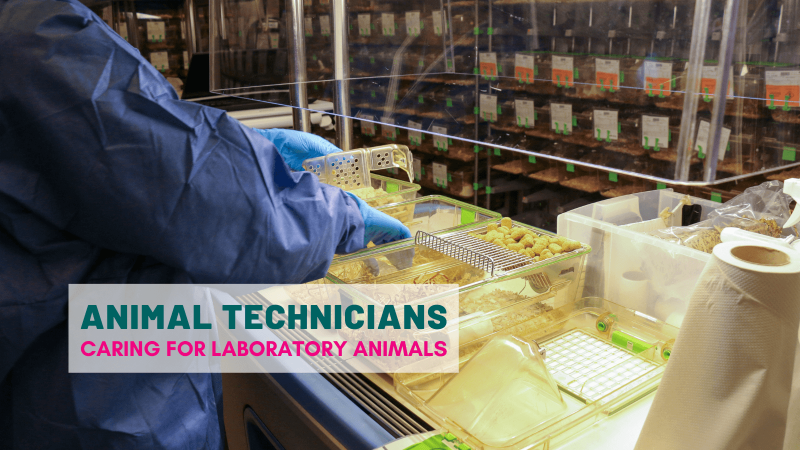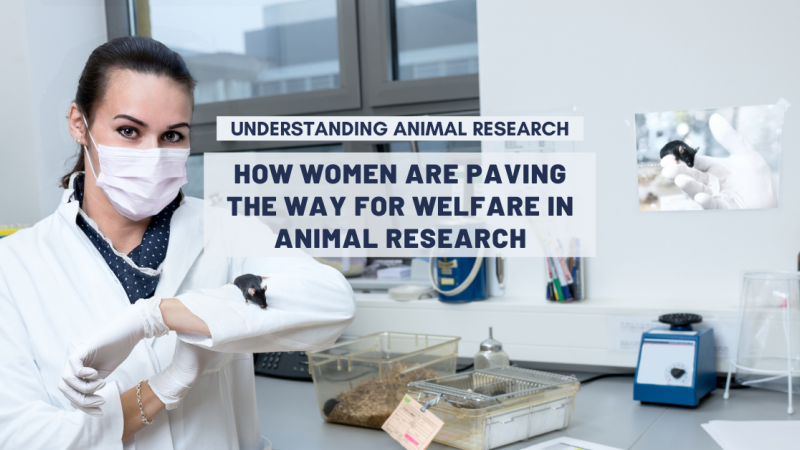Text to go here...
 The Parliamentary Under Secretary of State for the Home Department, Lynne Featherstone, advanced an animal research policy based on evidence in a Commons debate on Wednesday 7 December. She said that she was looking for 'substantive evidence' when legislating for particular issues related to animal research, such as genetically modified animals.
The Parliamentary Under Secretary of State for the Home Department, Lynne Featherstone, advanced an animal research policy based on evidence in a Commons debate on Wednesday 7 December. She said that she was looking for 'substantive evidence' when legislating for particular issues related to animal research, such as genetically modified animals.
She also praised the work that her department do to ensure that animal research is only licensed 'where it is essential and there is no alternative'. However, she was clear that animal research was necessary at the moment, calling the idea of human clinical trials without prior safety testing on animals 'unacceptable'.
The Minister was taking part in an adjournment debate introduced by David Amess MP. These debates occur at the end of the day in Parliament and are a chance for MPs to raise a specific issue with ministers. This debate was in relation to the transposition of the EU Directive on experimentation using animals, which will come into effect in January 2013.
Featherstone promoted a balanced approach to the issue, saying:
‘The European Directive provides an opportunity to reduce some of the bureaucracy, but when it comes to animal welfare, I am looking closely at anything that might suggest any reduction in standards.’
UAR Chief Executive David Pruce welcomed Featherstone's statements.
‘We are pleased to hear that the Minister is approaching the issue of animal research in a balanced and evidence-based way. Legislation on animal research must promote animal welfare and encourage medical and scientific developments. Gathering robust, reliable evidence on the subject is the best way to achieve this, and we support Lynne Featherstone’s approach wholeheartedly.'
She said that Amess' suggestion that safety testing in animals was responsible for the number of side-effects in current treatments was 'going too far'. She highlighted her own experience of adverse reactions to certain antibiotics – as they work for millions of other people, she said she did not blame the drugs themselves, but a 'quirk' in her own reaction to them.
‘Without animal testing, it is likely that a large number of potentially dangerous medicinal products would have to be tested in healthy volunteers and patients in clinical trials. That would be quite unacceptable.'
Last year, David Amess MP introduced a private member’s bill on the Safety of Medicines, which was not supported by the government and recently lapsed.
Last edited: 11 January 2022 15:00




